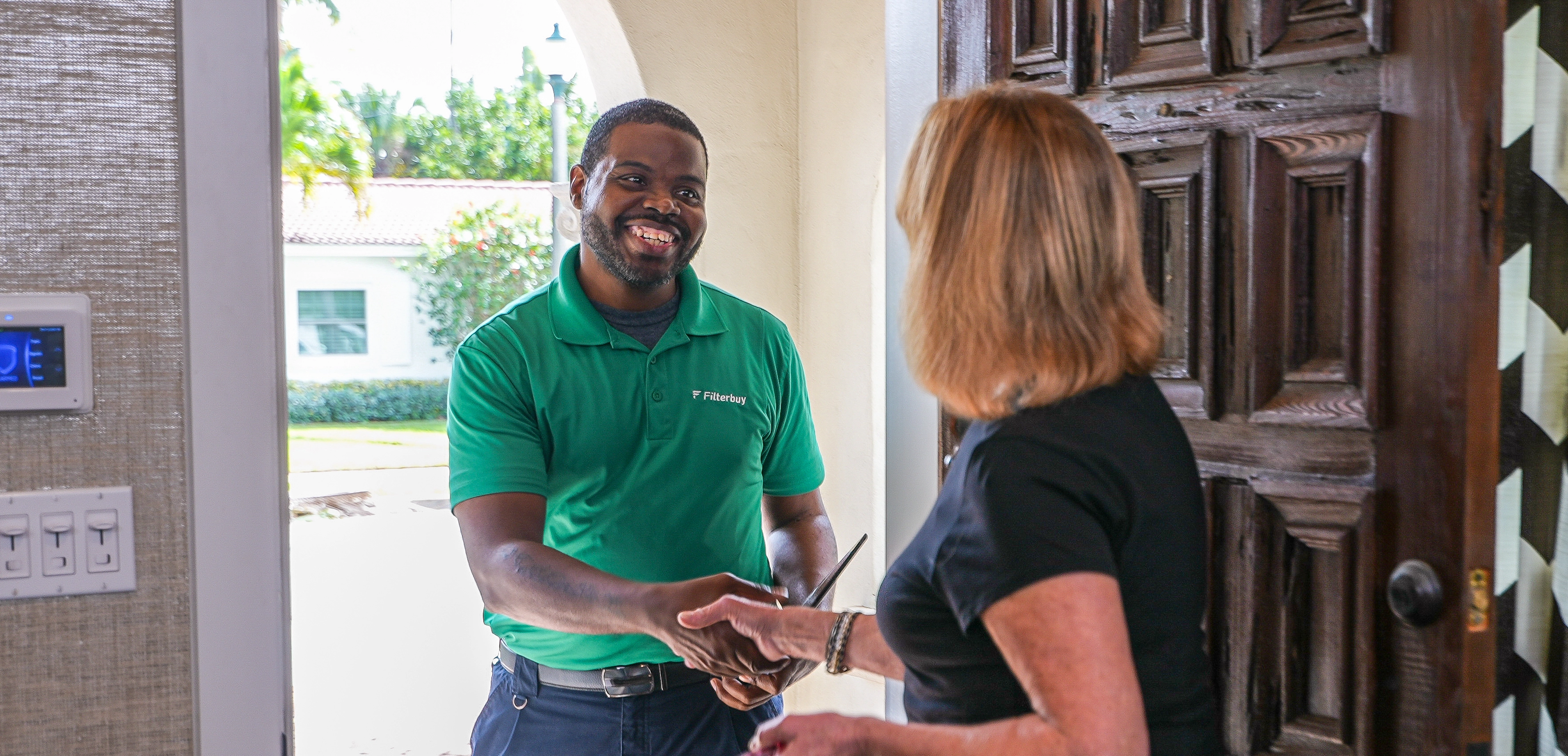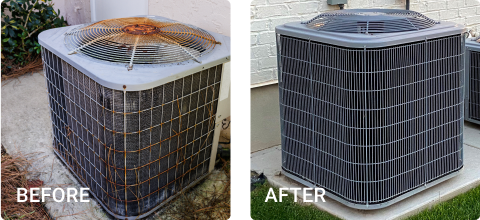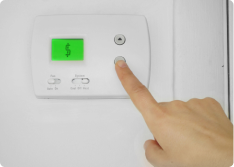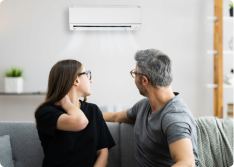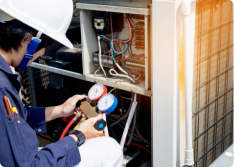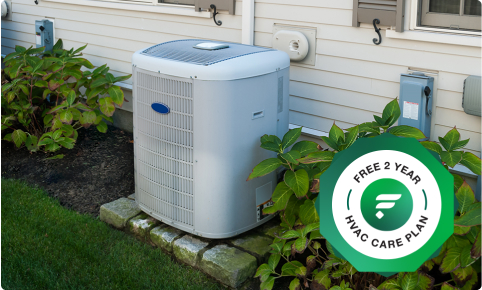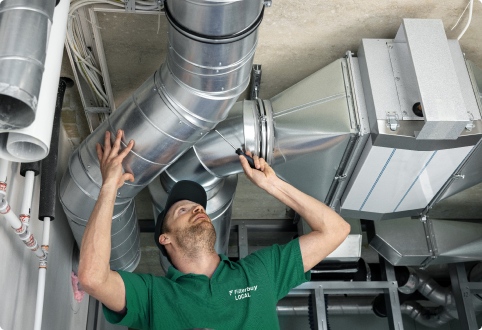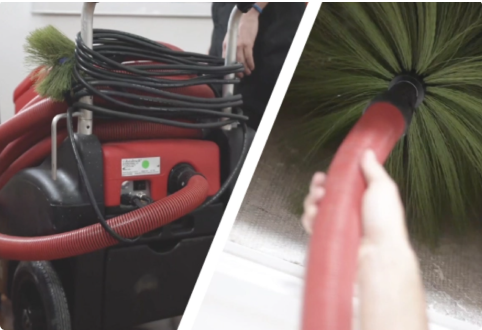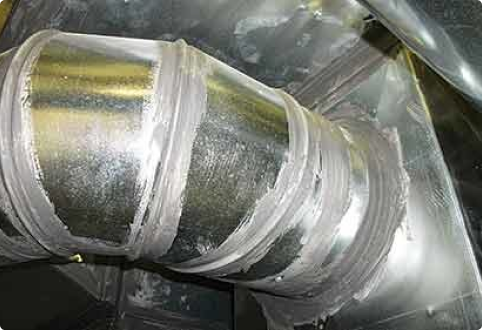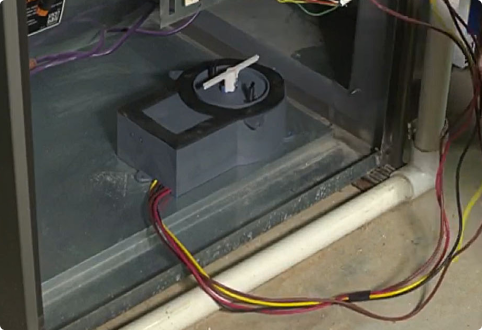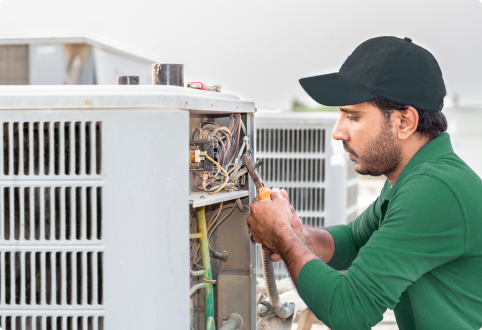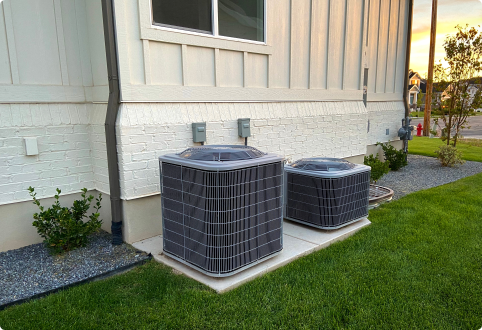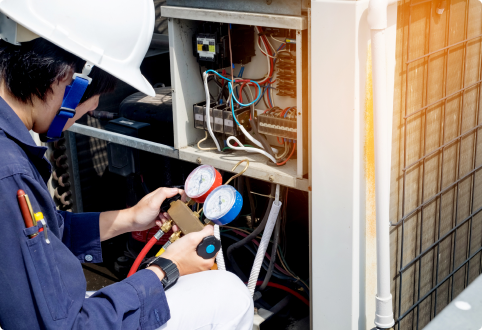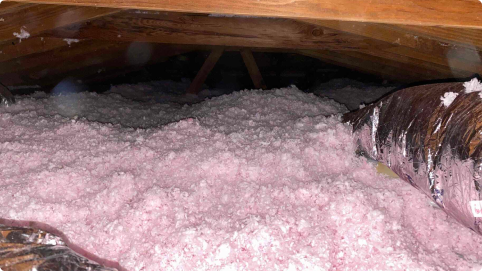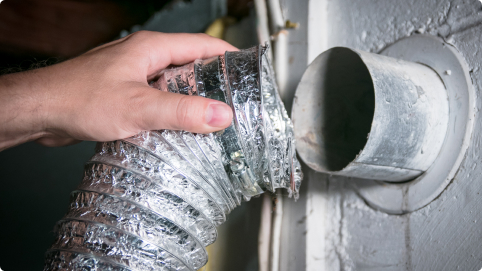Welcome to Filterbuy HVAC Solutions, the best HVAC system installation service company proudly serving in and near the greater Coral Gables, FL area. Please let us know how we can help solve your Coral Gables HVAC system installation needs with professional, affordable, and fast residential and commercial HVAC services by getting a free online quote or by giving our friendly HVAC specialists a call. We look forward to hearing from you!
The Complete Homeowner's Guide to HVAC Installation in Coral Gables FL
Coral Gables, Florida is very beautiful. However, the intense Florida heat emphasizes the need for reliable HVAC installation to keep homes comfortable. Combining the city’s charm with modern comfort helps residents enjoy life under the sun to the fullest.
To start HVAC installation service in Coral Gables, FL. First, assess your home's size and climate needs. Ensure the system fits with existing ductwork and electrical setups. Choose a unit with a high SEER rating for better efficiency. Obtain necessary permits. Hire licensed professionals. Clear the installation area and gather essential tools. Be aware that installation times can vary.
Key Takeaways
■ Choose the correct heating and cooling system. Think of your home's size and your temperature preferences.
■ Check that the system is compatible with your existing electrical setup and ductwork to avoid costly modifications.
■ Before starting, get the required permits and ensure compliance with local regulations to avoid fines or delays.
■ Hire certified professionals. These professionals are approved by Florida’s Department of Business and Professional Regulation.
■ Regular upkeep like air filter changes and cleaning outdoor units is important for good performance.
Choosing the Right HVAC System
It’s important to choose the right heating and cooling system for comfort and efficiency. Start by assessing your home's size and climate control needs. Avoid units that are too large or small as they can waste energy and increase utility bills. Look for units with high SEER ratings for better performance and resource savings.
Make sure the system you choose is compatible with your existing ductwork and electrical setup to avoid costly modifications. Consider your climate as well. In Coral Gables, FL, the system should handle high humidity and heat effectively.
Research various HVAC brands and models. Consult heating and cooling specialists and read reviews to understand the pros and cons. A high-quality, eco-friendly unit can save you money with lower operating costs and fewer repairs.
Understanding Local Regulations
After selecting the right HVAC system. You must also follow local regulations. Securing permits is essential for compliance. Submit your system's plans and specifications to the local building department for approval. Before starting installation, failing to get permits can lead to penalties, and delays, even having to undo the work.
Choosing an HVAC installation company in Coral Gables is important. Contractors must have a state license. Earned through exams and experience. Make sure your contractor is licensed by asking for their license number and verifying it with the Florida Department of Business and Professional Regulation.
Consider energy efficiency and environmental regulations specific to Coral Gables when selecting and installing your HVAC system. Following these guidelines ensures legal compliance, protects your investment, and helps the system operate efficiently.
Preparing for Installation Day
■ Prepare tools needed: Ready necessary tools. Like screwdrivers, wrenches, and power drills.
■ Clear the work area: Remove obstacles to speed up the process and ensure safety.
■ Review system specifications: Make sure your air conditioner is the right size for your home.
■ Notify household members: Let everyone know about the installation schedule.
■ Ensure permits are correct: Make sure you have all the necessary permits and paperwork.
Installation Process Overview
With preparations complete, start the installation by selecting the HVAC system type that best suits your home. Options include central air systems, ductless mini-splits, or heat pumps, each requiring different installation steps.
The installation timeline varies by system complexity and home size. Simple central air systems typically take one to two days, while more complex setups may require three to four days.
First, your contractor will position the indoor units in utility closets for basements and place the outdoor units on concrete pads outside.
After positioning the units, the contractor connects the ductwork or refrigerant lines and handles the electrical work for safe wiring. They will test the system to ensure it operates smoothly.
Stay in touch with your contractor throughout the process to address any concerns quickly. Understanding each step helps ensure a successful installation.
Post-Installation Tips
After installing your HVAC system, schedule regular professional inspections to detect potential issues early and ensure optimal performance and longevity.
■ Schedule regular checkups: Have your air conditioner checked. The best time is before summer and winter.
■ Change air filters: Change filters every 1-3 months to improve efficiency.
■ Use a thermostat: Avoid temperature changes when you're not home. This helps lower your bills.
■ Maintain outdoor units: Keep them clean and free of obstructions.
■ Check ductwork: Make sure there are no leaks to save energy.
Why Filterbuy HVAC Solutions in Coral Gables?
1. Price Matching Guarantee
We promise to give you the lowest price without making the product worse because we know that’s important in Florida where the cost of living is so high!
2. Expert Technicians
We know how important it is that you get quality work because HVAC systems are expensive to repair and replace. You can count on our technicians to meet the utmost stringent certification standards as well as undergo the necessary training it takes to keep updated with the latest industry standards. Trust our team with your home and your new shiny HVAC system!
Our technicians complete a comprehensive training program that covers HVAC fundamentals, advanced troubleshooting, and modern installation practices. This ensures they are equipped to handle even the most complex installations.
3. Green Carpet Treatment
Experience our Green Carpet Treatment, we believe in fair pricing. The quote you get is the price you pay. We're honest about our prices, so you can trust us.
4. High-Quality Products
Filterbuy makes strong HVAC products that can handle Florida’s hot and sticky weather.
Choosing Filterbuy means investing in durability and a reputable brand. Our products are made with the best stuff so they last a long time and work really well.
We use the highest quality parts to build our AC units. This means fewer breakdowns and cleaner air for your home. People trust us to make great HVAC products.
5. Competitive Pricing
Filterbuy offers you the best price without getting a worse product.
We buy things in big batches to save money, and we pass those savings on to you. Whether upgrading your existing setup or installing a new one, Filterbuy’s competitive pricing ensures you get the best deal.
6. 0% Financing, $0 Down
New installs qualify for excellent financing terms, including 0% financing with $0 down. Ask us for details on how we can make your new HVAC system more affordable.
7. 2 Years of Free Maintenance
Every HVAC system needs regular maintenance for optimal performance. With Filterbuy, your new system comes with 2 years of free maintenance. We’ll ensure it runs smoothly and efficiently, so you can enjoy peace of mind.
8. 1-Year Extension to Labor Warranty
For new installations, we extend our general 1-year labor warranty to an extra year, giving you 2 years of coverage. This additional protection provides extra peace of mind, just in case.
9. 24-Hour Support
We are here for you 24/7. We're here to help you with your AC, anytime, day or night for any HVAC emergencies or questions, ensuring your comfort is never compromised.
10. Exceptional Customer Service
We care about you and want to help. Tell us what you need, and we'll find the best stuff for you. We're always trying to get better.
11. Energy Efficiency Solutions
Using less energy makes your HVAC work better and saves you money. Filterbuy wants to give you the best and most energy-saving air conditioners in Florida.
We'll find out what's wrong with your AC and how to fix it.
Our special filters make your AC work better and save energy. This saves you money and makes your HVAC unit last longer.
Frequently Asked Questions
How much does it cost to install a new AC unit in Florida?
Replacing an HVAC unit in Florida can be a significant investment, typically ranging from $3,500 to $7,500. This wide range depends on factors like the size of your home, the type of unit you choose, and any additional features you might want. It's always a good idea to get multiple quotes to ensure you're getting a fair price.
Can a homeowner install HVAC in Florida?
Yes. a homeowner can install HVAC systems in Florida. But they must follow local building codes and regulations. Which often require a licensed contractor for certain installations.
What is the most common HVAC in Florida?
The most common HVAC system in Florida is the central air conditioning system with a heating system for cooler months. It efficiently cools homes during the long and hot summers, and it provides heating during the cooler months.
How much does an air conditioner cost for a 2000 sq ft home in Florida?
For a 2,000 square foot home, you'll generally need an HVAC system with a cooling capacity of about 3 to 3.5 tons, depending on factors like your climate, insulation, and home layout. The cost is around $4,000 to $8,000. It's best to consult with an HVAC professional to ensure accurate sizing based on your specific home's needs.
What is the average life of an HVAC system in Florida?
An AC in Florida lives for 10 to 15 years which is lower than the national average due to the high heat and humidity levels of the place. Regular maintenance makes it live longer.
Do I need a permit to replace my air conditioner in Florida?
Yes, a permit is generally required to replace an air conditioner in Florida to follow codes and safety regulations.
What are the HVAC rules in Florida?
HVAC rules in Florida say that all installations be done by a professional and that all systems meet the state's energy efficiency standards. A permit is required for new installations or even replacements.
Are HVAC repairs taxable in Florida?
Yes. HVAC repairs are taxable in Florida as they are considered taxable services.
Can a handyman install a ceiling fan in the state of Florida?
Yes. A handyman can install a ceiling fan but it's important that they have the skills and experience. Proper installation is important for safety and efficiency. Always check for proper licensing and insurance before hiring anyone for electrical work.
Do I need a permit to change my front door in Florida?
Yes. you need a permit to change your front door. Especially if the replacement affects the structural integrity or involves altering the door frame. The permit ensures that the installation complies with local building codes and safety standards, including hurricane resistance in certain areas. It's advisable to check with your local building department for specific requirements.
How much does it cost to install ductwork in Florida?
The cost to set ductwork in Florida can vary. Depending on how big or small your home is and the complexity of the project. It’s $1,500. to $5,000.
What happens if you get caught remodeling without a permit in Florida?
Homeowners can be fined if caught remodeling without a permit in Florida. Be required to obtain a permit retroactively and might have to undo the work.
Here is the nearest branch location serving the Coral Gables area…
Filterbuy HVAC Solutions - Miami FL - Air Conditioning Service
1300 S Miami Ave Unit 4806, Miami, FL 33130
(305) 306-5027
https://maps.app.goo.gl/McXSNwHD9otb6ETq8

.webp)
.webp)
.webp)
.webp)






